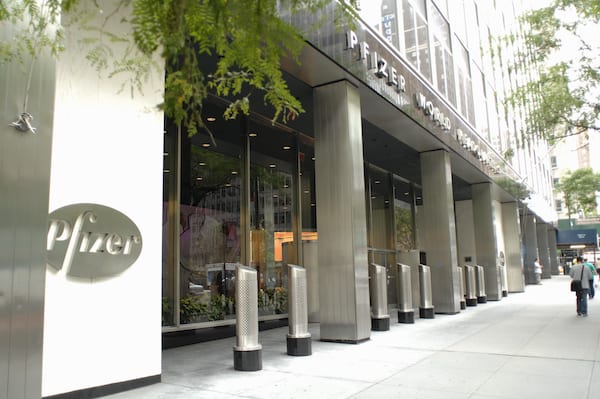
Pfizer’s Beqvez (fidanacogene elaparvovec-dzkt) has been approved by the US Food and Drug Administration (FDA) to treat adults with moderate-to-severe haemophilia B.
The regulator has specifically authorised the one-time therapy for use in patients who currently use factor IX (FIX) prophylaxis therapy, have current or historical life-threatening haemorrhage, or have repeated and serious spontaneous bleeding episodes, and do not have neutralising antibodies to adeno-associated virus serotype Rh74var.
Affecting more than 38,000 people globally, haemophilia B is a rare genetic bleeding disorder resulting from missing or insufficient levels of clotting FIX.
The current standard of care for the condition requires regular intravenous infusions of FIX replacement products to control and prevent bleeding episodes. However, this places a lifelong burden on patients and many of those with moderate-to-severe cases remain at risk of spontaneous bleeding episodes.
“Many people with haemophilia B struggle with the commitment and lifestyle disruption of regular FIX infusions, as well as spontaneous bleeding episodes, which can lead to painful joint damage and mobility issues,” explained Adam Cuker, director, Penn Comprehensive and Hemophilia Thrombosis Program.
Pfizer’s Beqvez is also administered as an intravenous infusion but is designed to enable patients to produce FIX themselves.
“A one-time treatment with Beqvez has the potential to be transformative for appropriate patients by reducing both the medical and treatment burden over the long term,” Cuker said.
The FDA’s decision was supported by positive results from the late-stage BENEGENE-2 study, in which Beqvez met the primary endpoint of noninferiority to FIX prophylaxis replacement regimen on the measure of annualised bleed rate (ABR).
A mean ABR of 2.5 was observed among patients randomised to receive Beqvez in the efficacy evaluation period, defined as between week 12 and the data cut-off, after receiving the one-time dose, compared to a mean ABR of 4.5 during the lead-in pre-treatment period of at least six months.
Bleeds were eliminated in 60% of Beqvez-treated patients compared to 29% in the prophylaxis arm, and a median ABR of zero was seen during the efficacy evaluation period compared to an ABR of 1.3 for the prophylaxis arm.
Aamir Malik, chief US commercial officer and executive vice president at Pfizer, said the company is “proactively working with treatment centres, payers and the haemophilia community to appropriately help ensure the healthcare system is prepared to readily deliver Beqvez to the patients who can benefit from it”.




